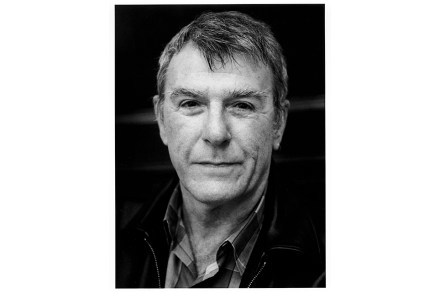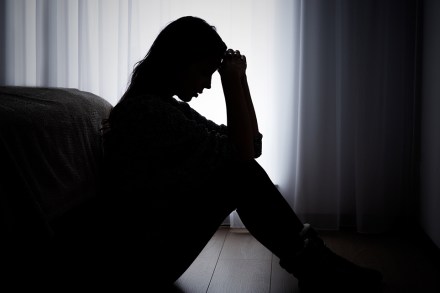An unlikely comeback: Rare Singles, by Benjamin Myers, reviewed
Last year, the Proms had a ‘Northern Soul’ special concert; and Benjamin Myers won the Goldsmith’s Prize for Cuddy, his polyphonic novel about St Cuthbert’s afterlife. I do not think he will win the prize again this year for Rare Singles, his novel about Northern Soul. I am glad about the Prom though, since I knew very little about the music; and listening to it did not appreciably deepen my enjoyment of this novel. Sentimentality is not a bad thing per se, but it is a difficult genre to do well, and Myers doesn’t do it half badly. The central figure is Earlon ‘Bucky’ Bronco, an elderly American widower wracked










